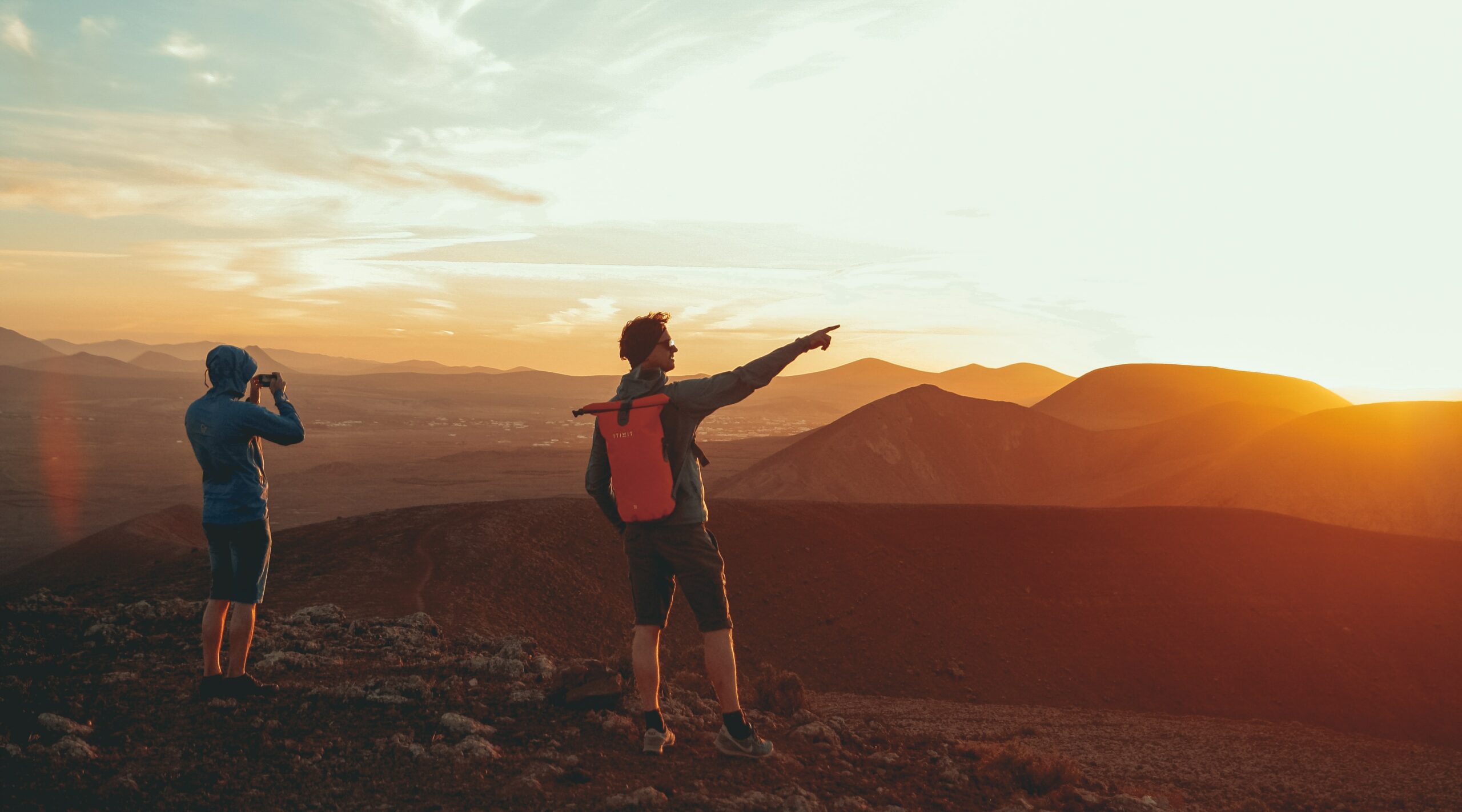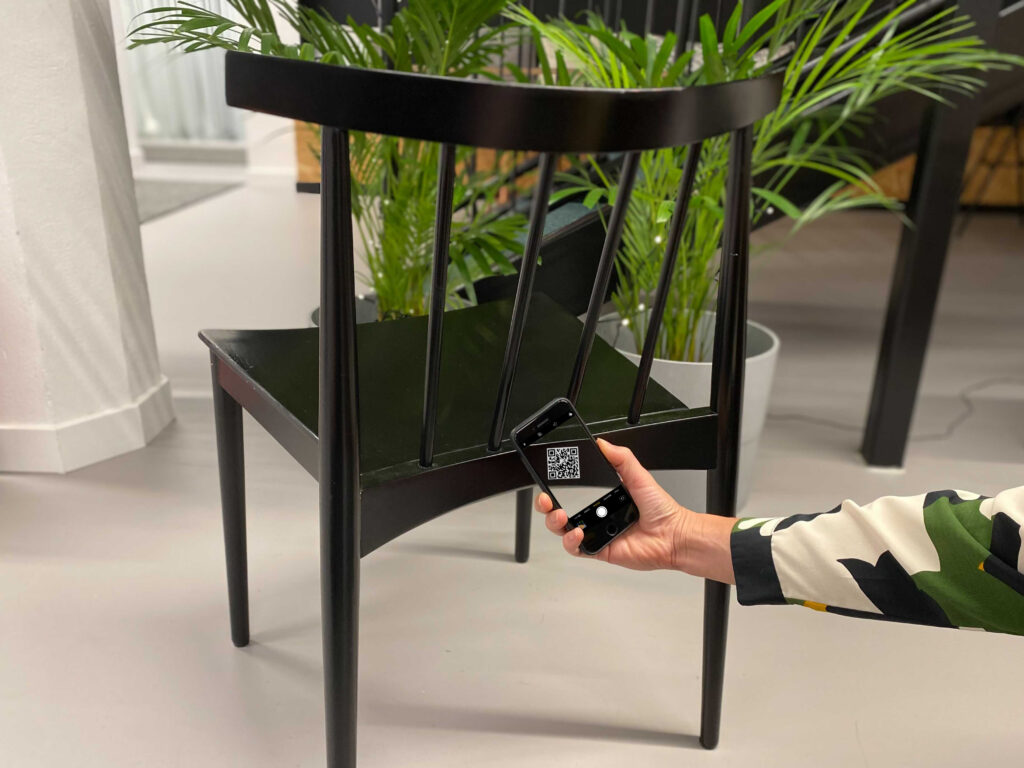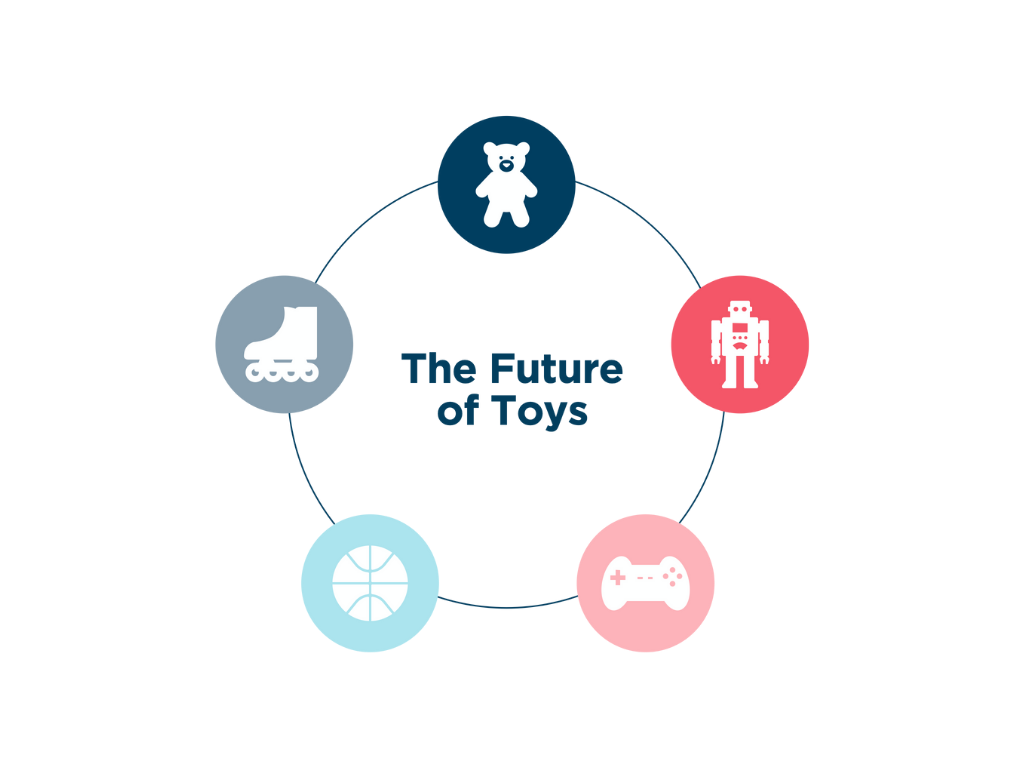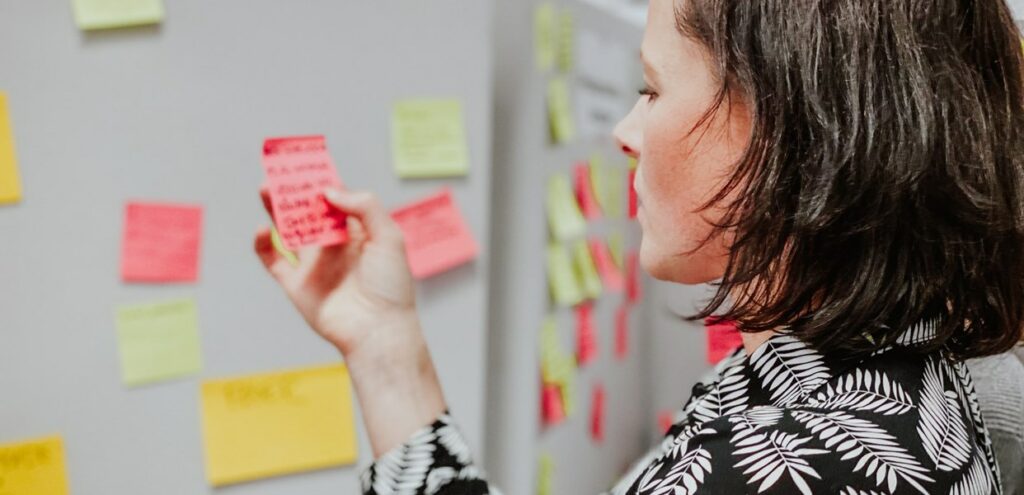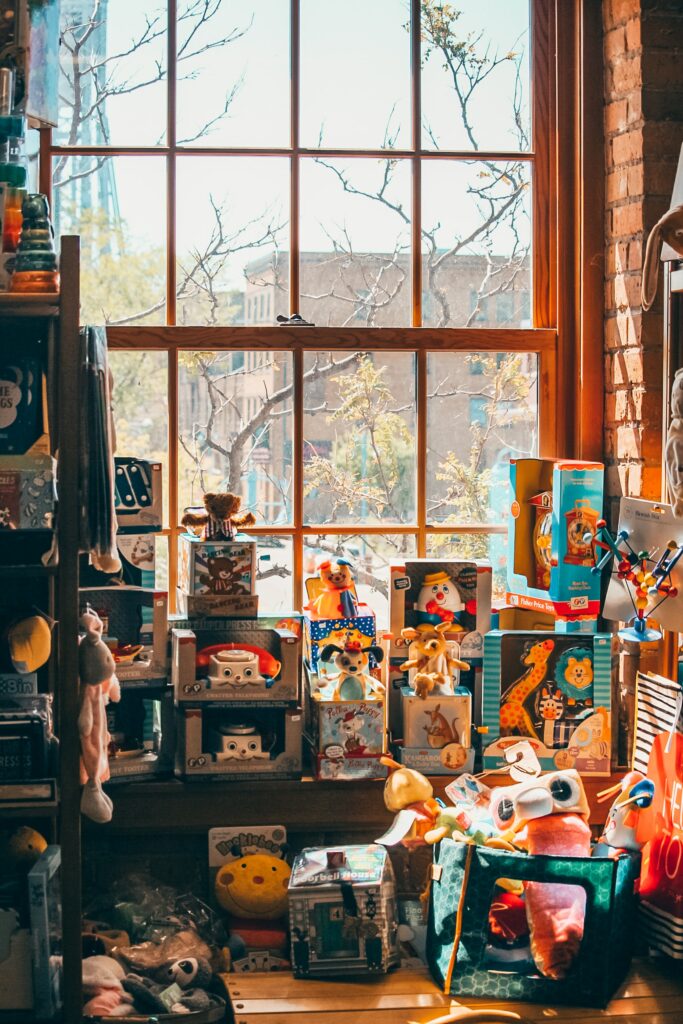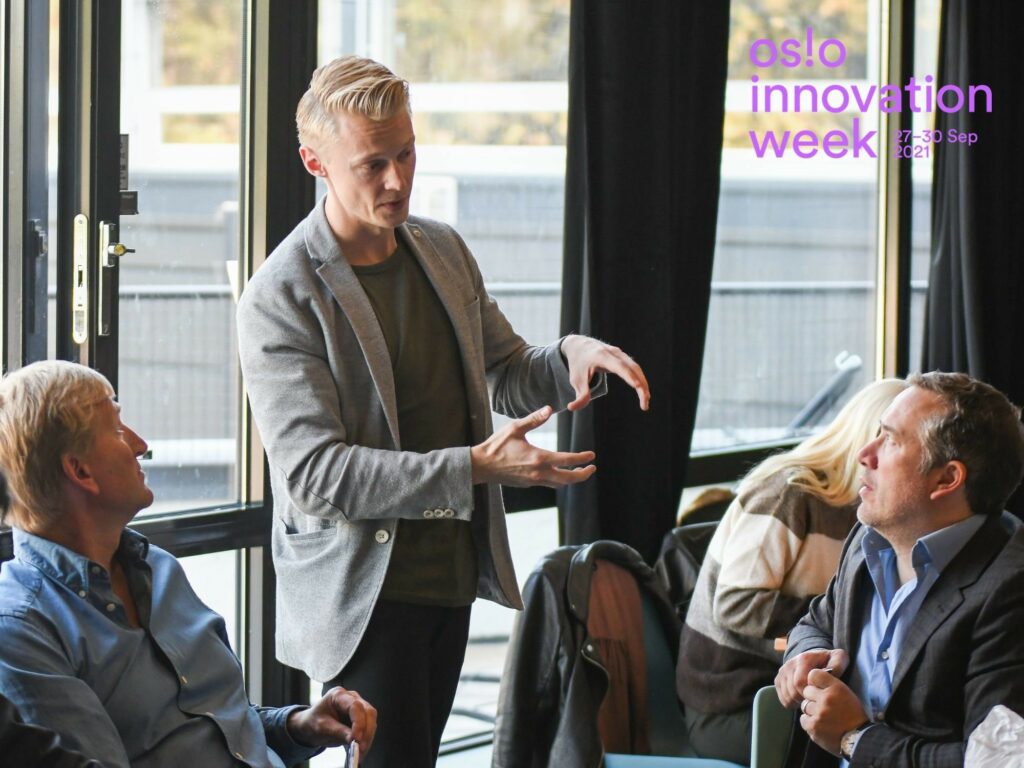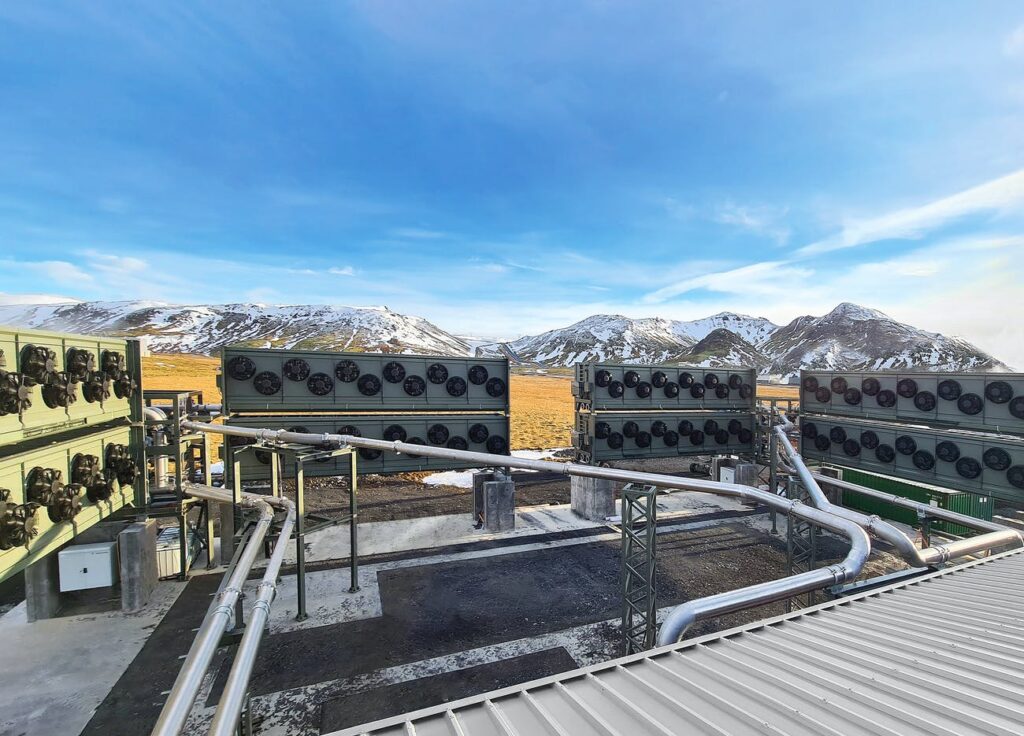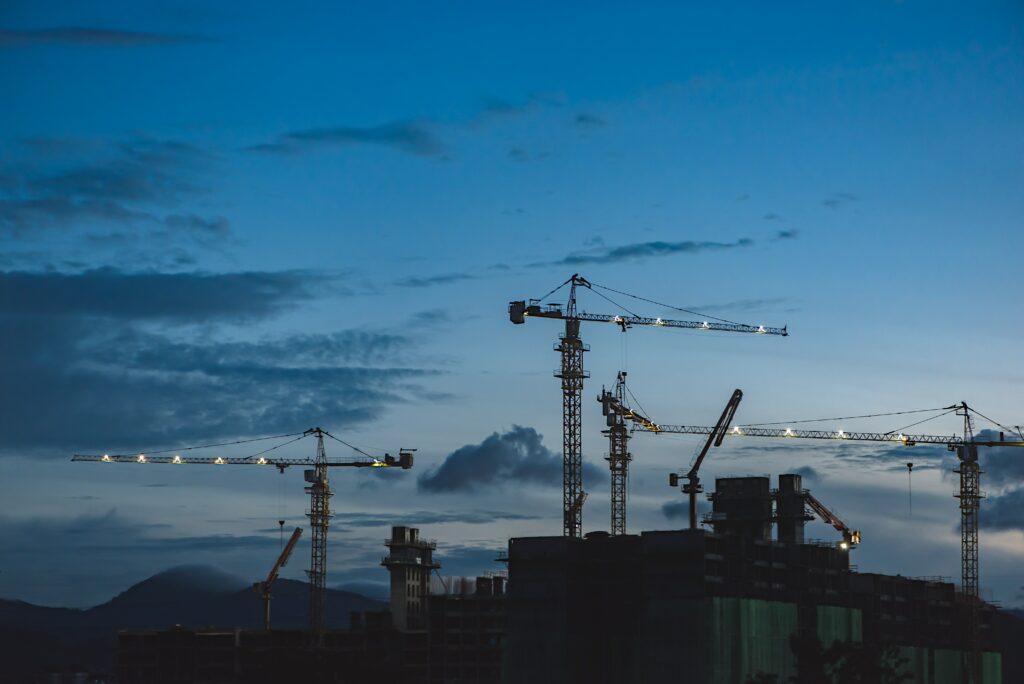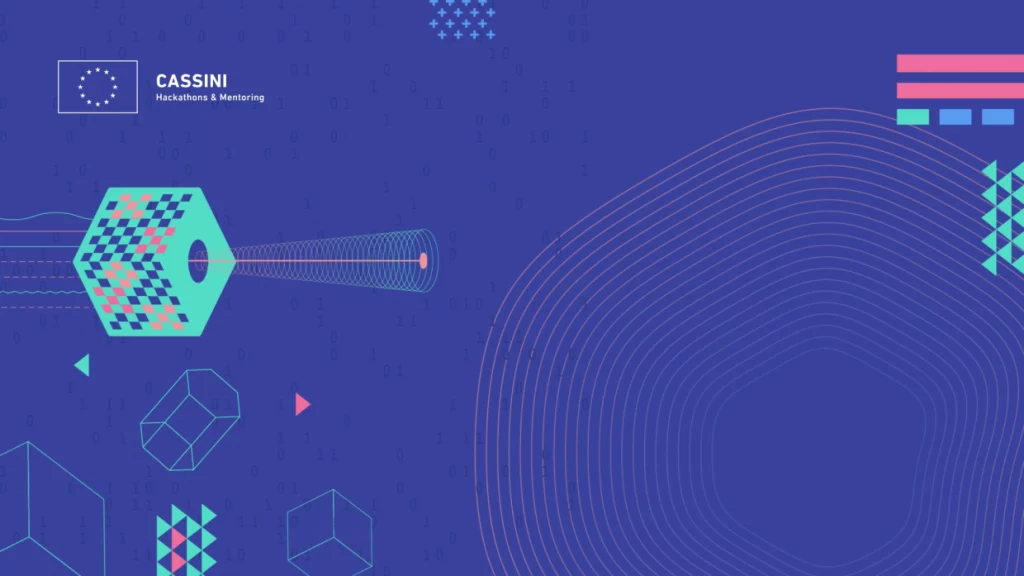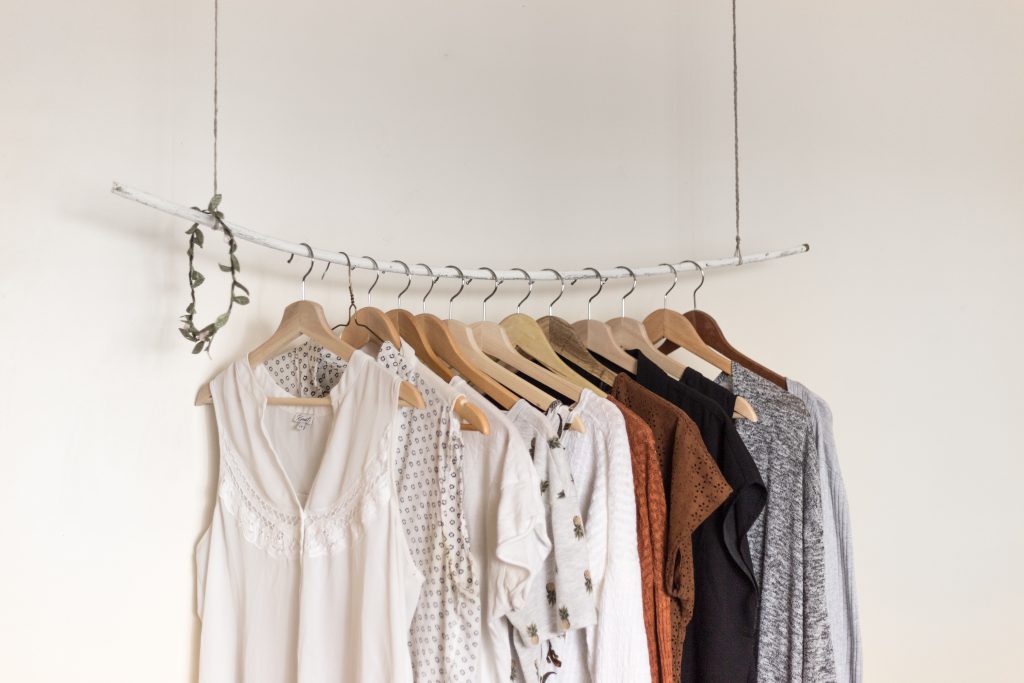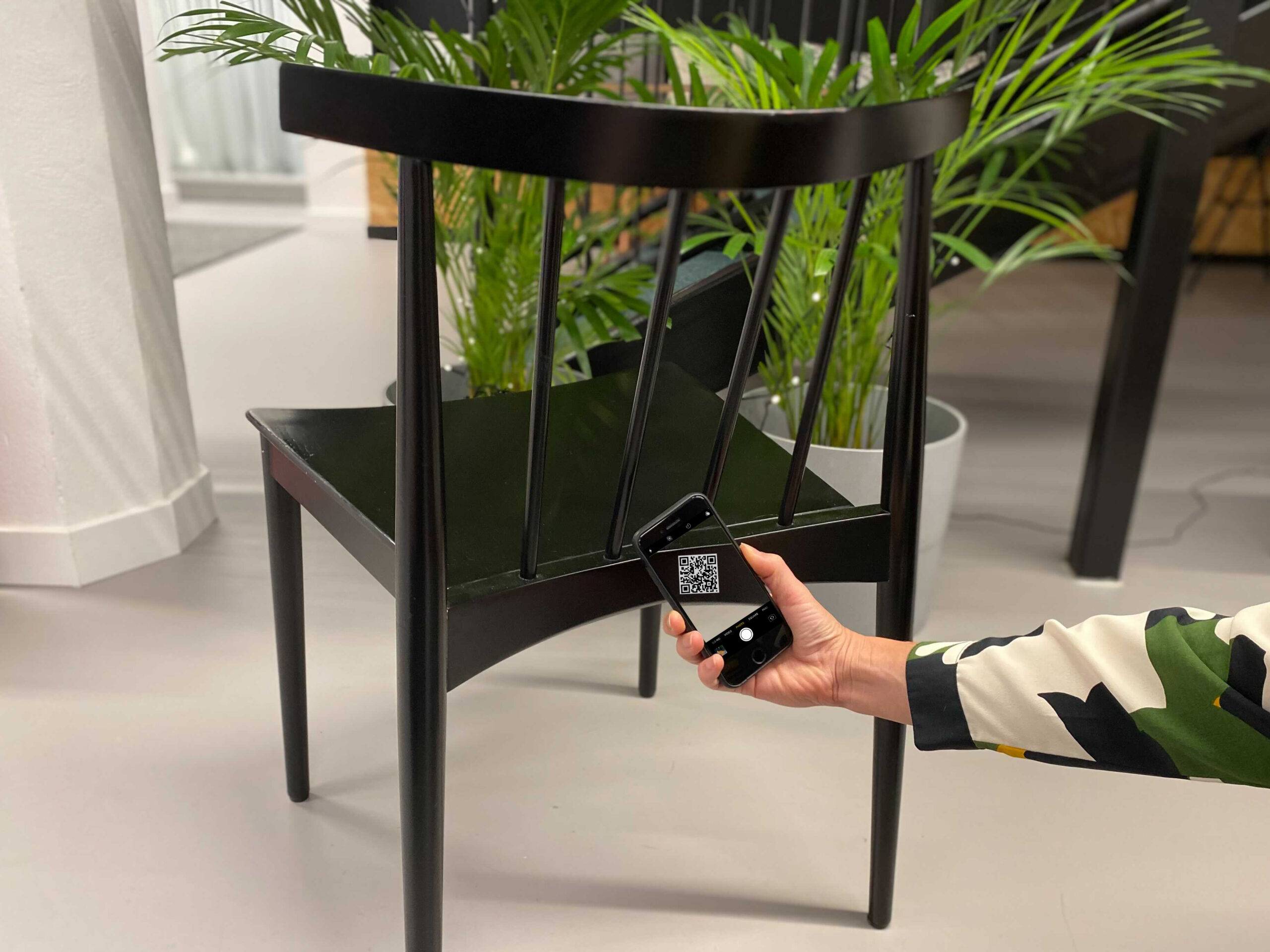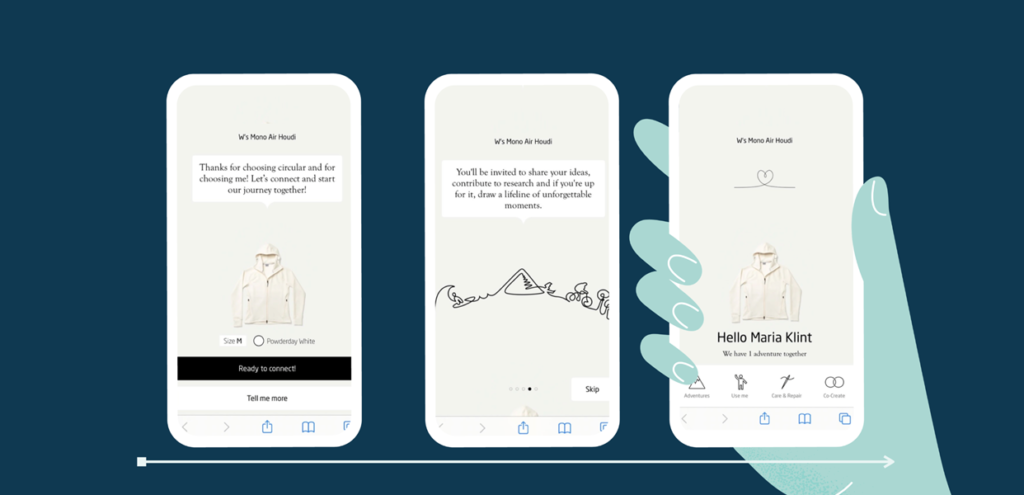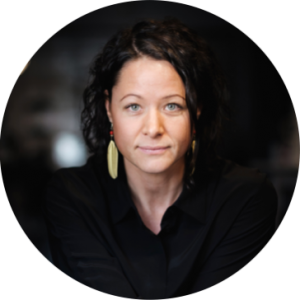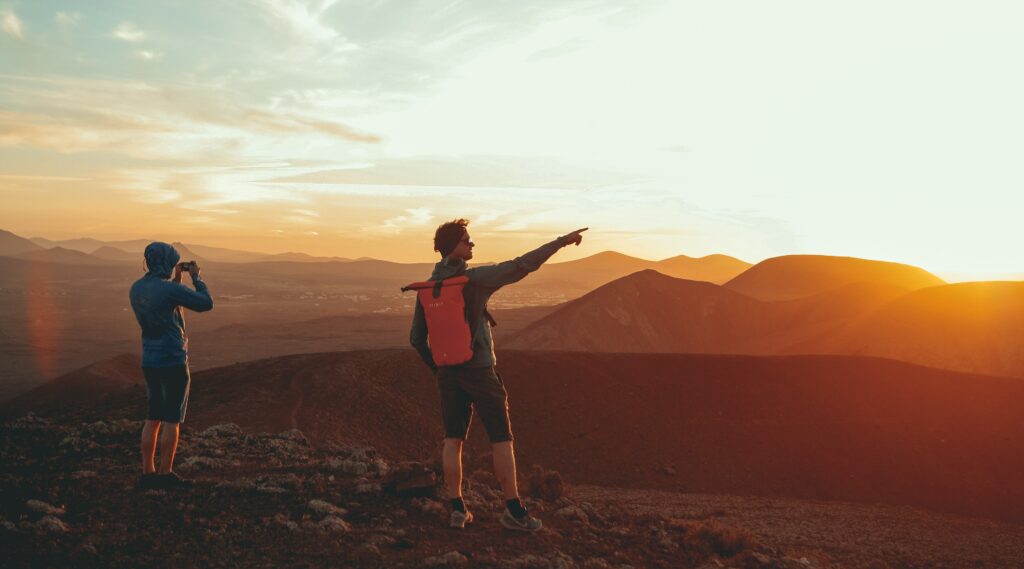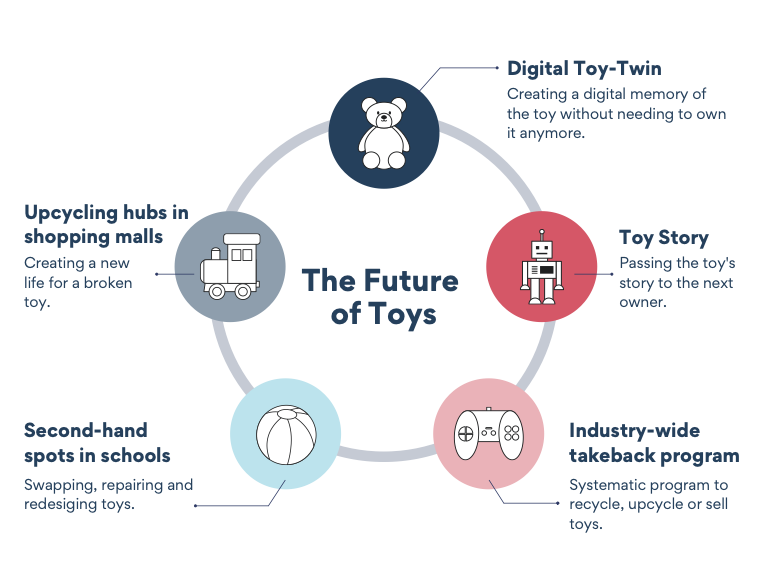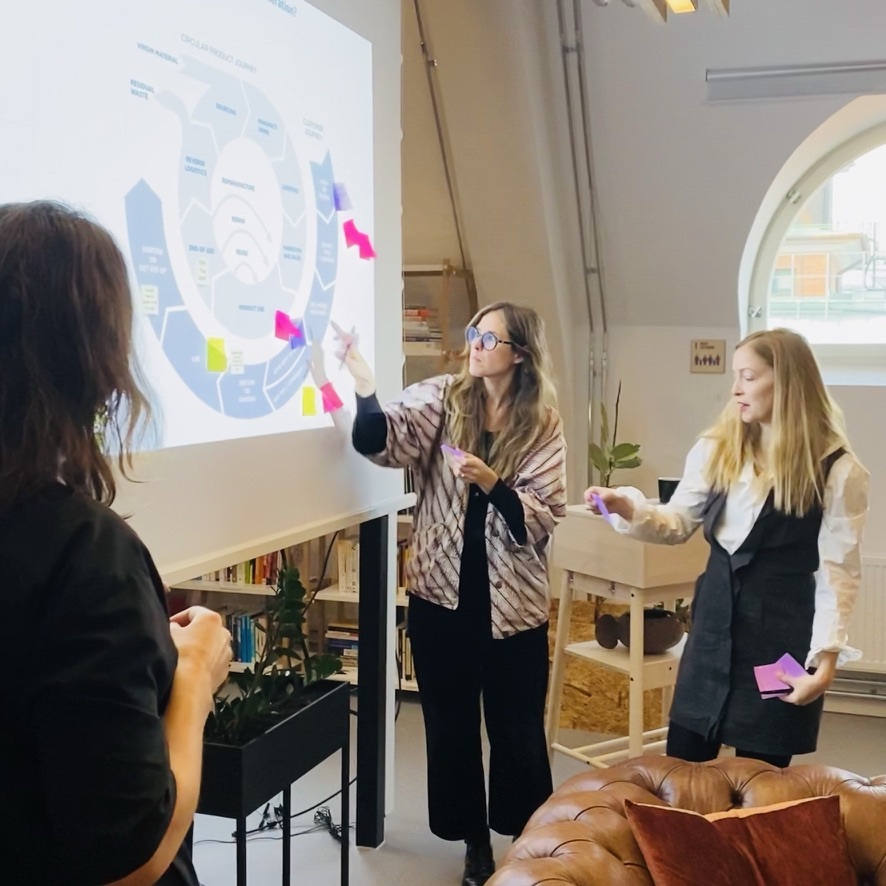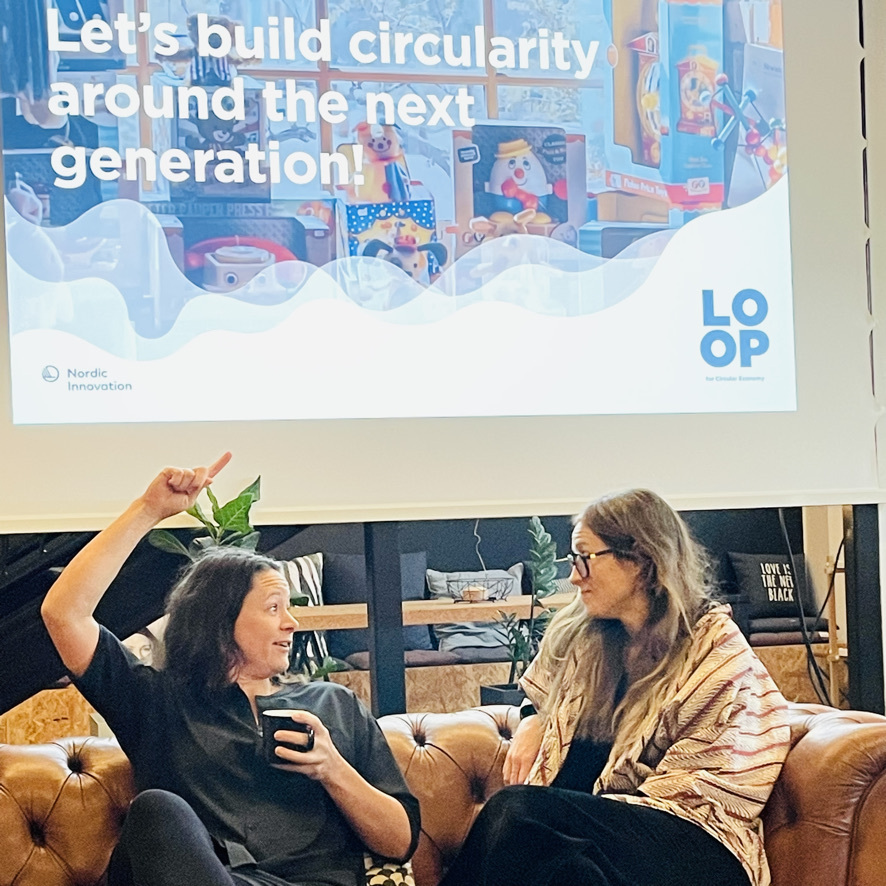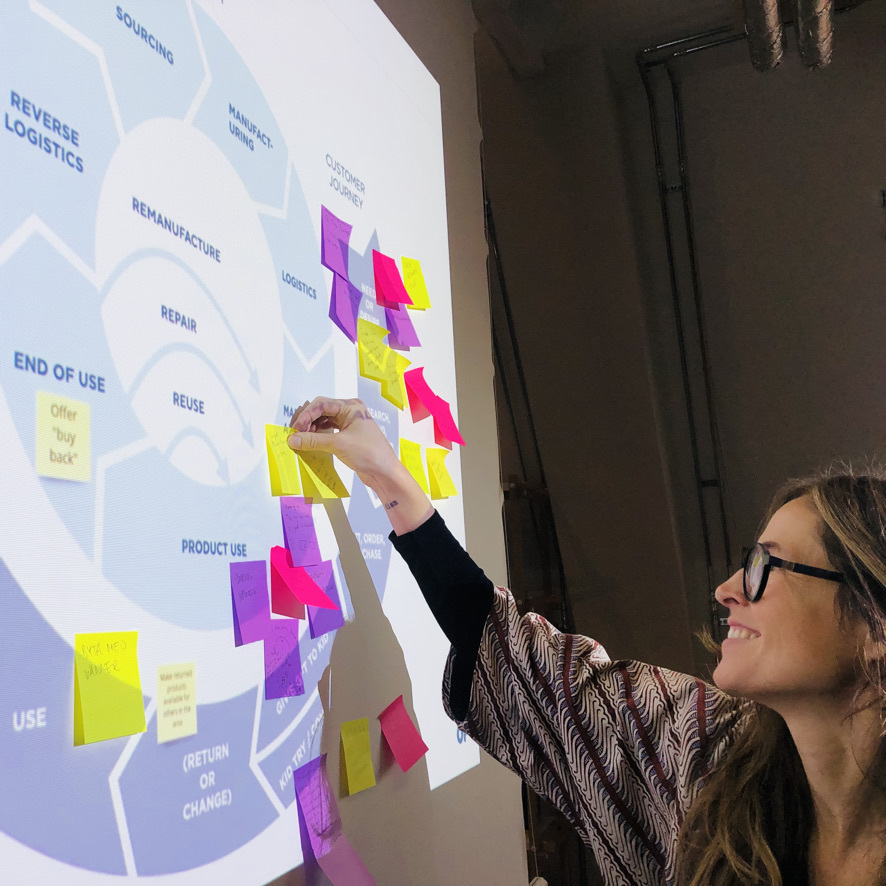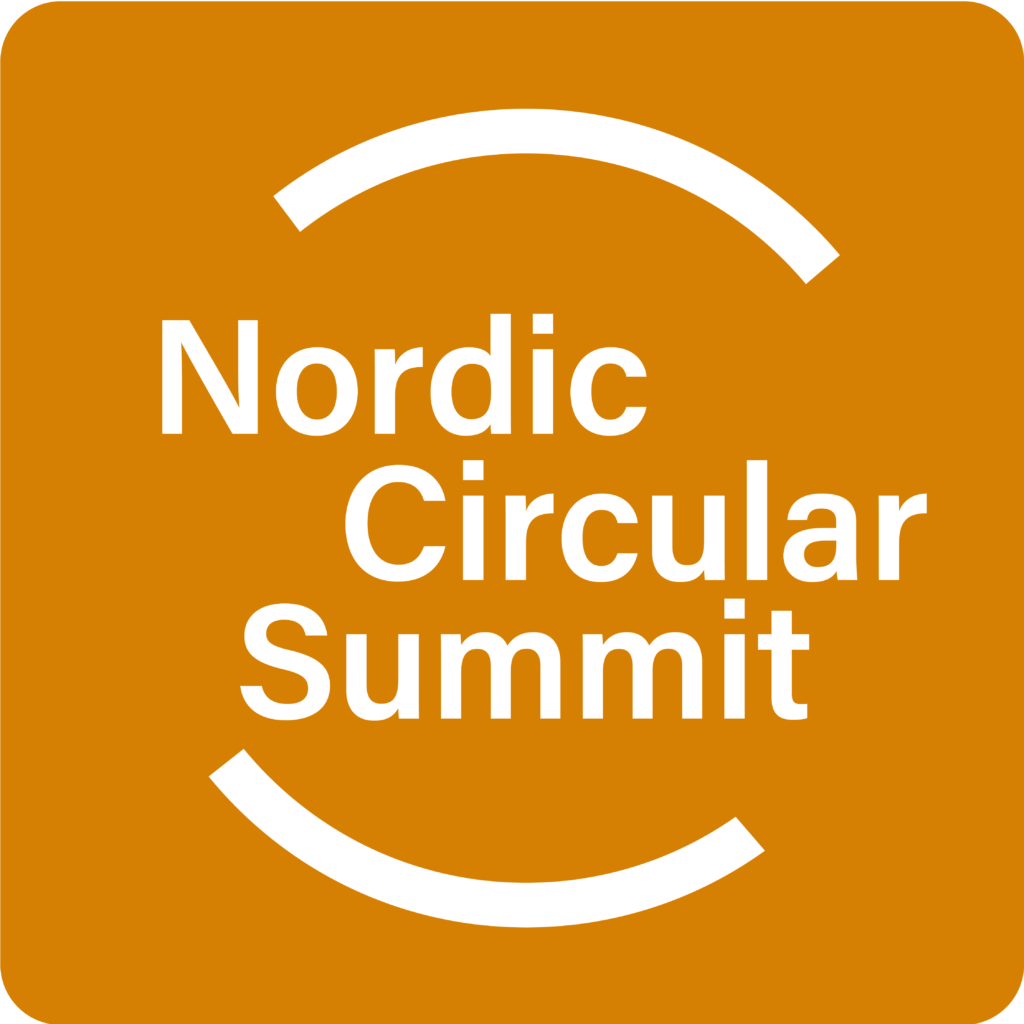Circular economy – the undiscovered possibility for you company?
There is a new world of opportunities to re-think and re-design the way we make business. We explore, innovate and pilot to curate the best circular business opportunities for your company. LOOP is the fast track to new scalable circular business opportunities.
Getting started with circular economy is tough and even harder alone. Maybe it is already part of your company’s future strategy, but those first steps towards concrete actions are difficult to take.
We are here to get you started on the right path, guide you with every step of the way from exploring right avenues to accelerating the process with the right partners. With our hand-picked network of circular economy startups combined with excellent service design we have a platform which leads to tangible results, insights and sets the direction for a profitable business.
We explore, innovate and pilot to curate the best circular opportunities for your company, from strategy to action. Don’t hesitate to get in touch with us!
Contact us!

Maria Klint
Antrop (Sweden) maria.klint@antrop.se
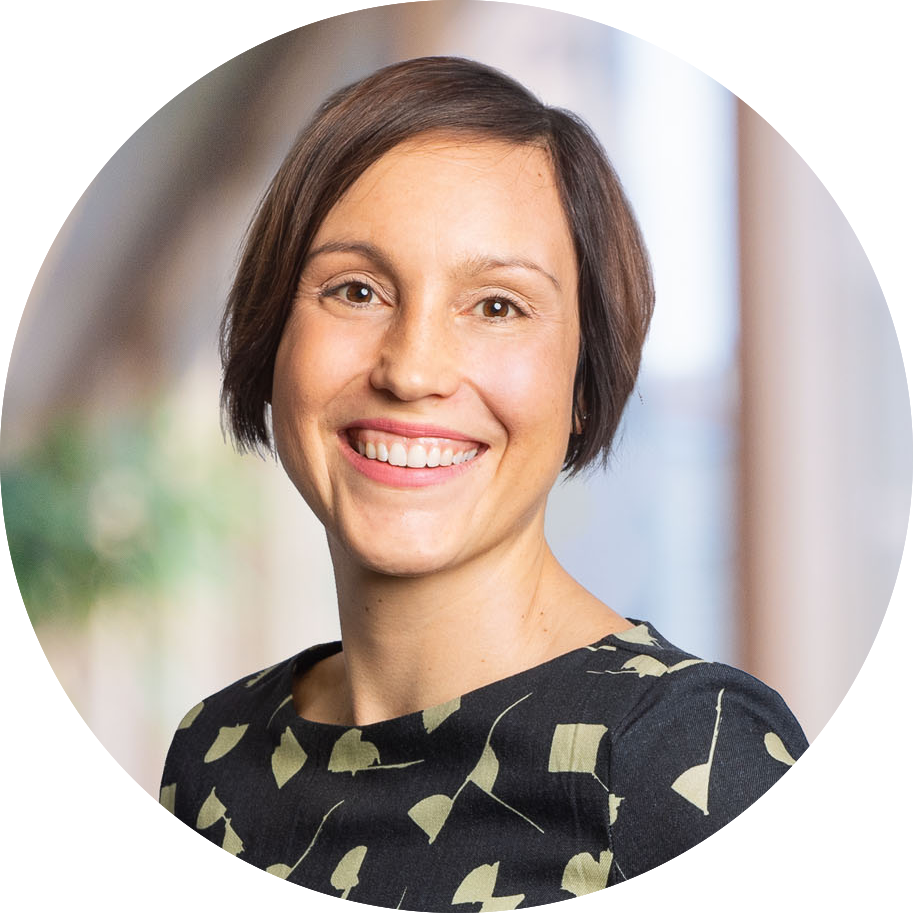
Moona Pohjola
Verona Growth (Finland) moona.pohjola@verona.fi
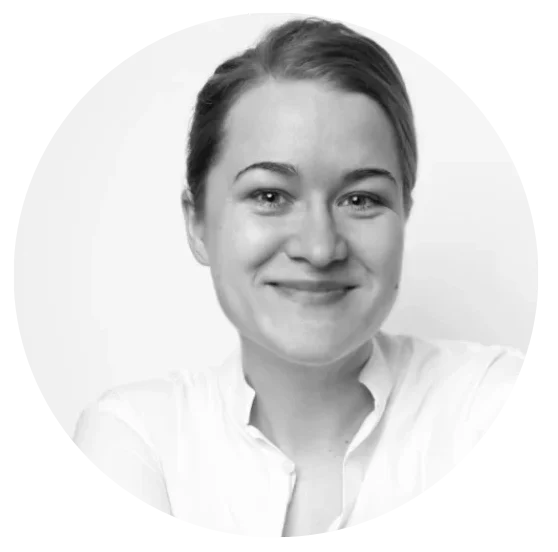
Verineia Codrean
Startup Norway (Norway)
verineia@startupnorway.com
